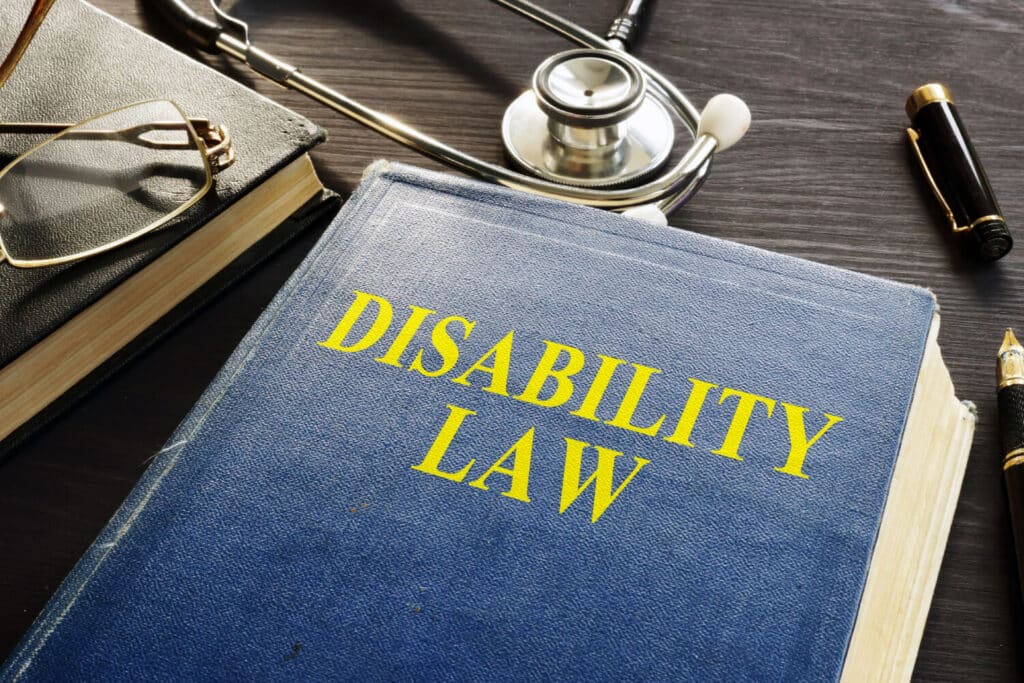
When discussing Social Security disability benefits, many people mistakenly think they can only qualify based on a physical disability or impairment. Yet many Illinois residents suffer from mental disorders that are severe and persistent enough to prevent them from working. Social Security regulations recognize such disorders and provide a path to successfully applying for disability benefits.
Major Depressive Disorder
Two of the more common mental disorders we see in Social Security disability cases are anxiety and depression. Now to be clear, just because you are diagnosed or receiving treatment for either of these disorders, that does not mean you meet the legal threshold for “disability” as defined by Social Security. There are stricter and more precise criteria you need to meet.
Let’s take depression. Social Security lists “depressive, bipolar and related disorders” as conditions that may qualify an applicant for disability benefits. This listing includes what mental health professionals classify as “major depressive disorder,” or what is more commonly called “clinical depression.”
If you apply for disability based on clinical depression, you must have medical documentation of at least five of the following symptoms:
- depressed mood;
- diminished interest in almost all activities;
- appetite disturbance with a change in weight;
- sleep disturbance;
- observable agitation or retardation of physical movements;
- decreased energy;
- feelings of guilt or worthlessness;
- difficulty concentrating or thinking; or
- thoughts of death or suicide.
Not only do you need to have at least 5 of these 9 symptoms, you must also demonstrate that these symptoms limit you in one or more areas of “mental functioning,” including:
- understanding, remembering, or applying information;
- interacting with others;
- concentrating, persisting, or maintaining pace; or
- adapting or managing oneself.
You need to show “extreme” limitation in one of the areas listed above, or alternatively “marked” limitation in at least two areas.
Anxiety and Panic Disorders
Social Security also has a disability listing for “anxiety and obsessive-compulsive disorders.” Anxiety disorder requires a medical diagnosis of at least three of the following symptoms:
- restlessness;
- you are easily fatigued;
- you have difficulty concentrating;
- irritability;
- muscle tension; or
- sleep disturbance.
Alternatively, you may qualify as disabled if you suffer from a “panic disorder or agoraphobia,” which is characterized by either persistent panic attacks or a disproportionate fear or anxiety about at least two different situations. For example, you may have excessive and disproportionate anxiety about taking public transportation and shopping in a supermarket.

Anxiety disorders also require proof of functional limitations, which follow the same standards as described above for major depressive disorder.
Contact a Rockford Social Security Disability Lawyer Today
Anxiety and depression are often not standalone disabilities. Many Social Security applicants suffer from a number of related physical and mental impairments, which often include major depressive disorder or anxiety disorder. It is therefore important to work with an experienced Rockford Social Security Disability lawyer who can help you build a complete case for your application. Contact Tuite Law today at (815) 965-5777 to schedule a free consultation.